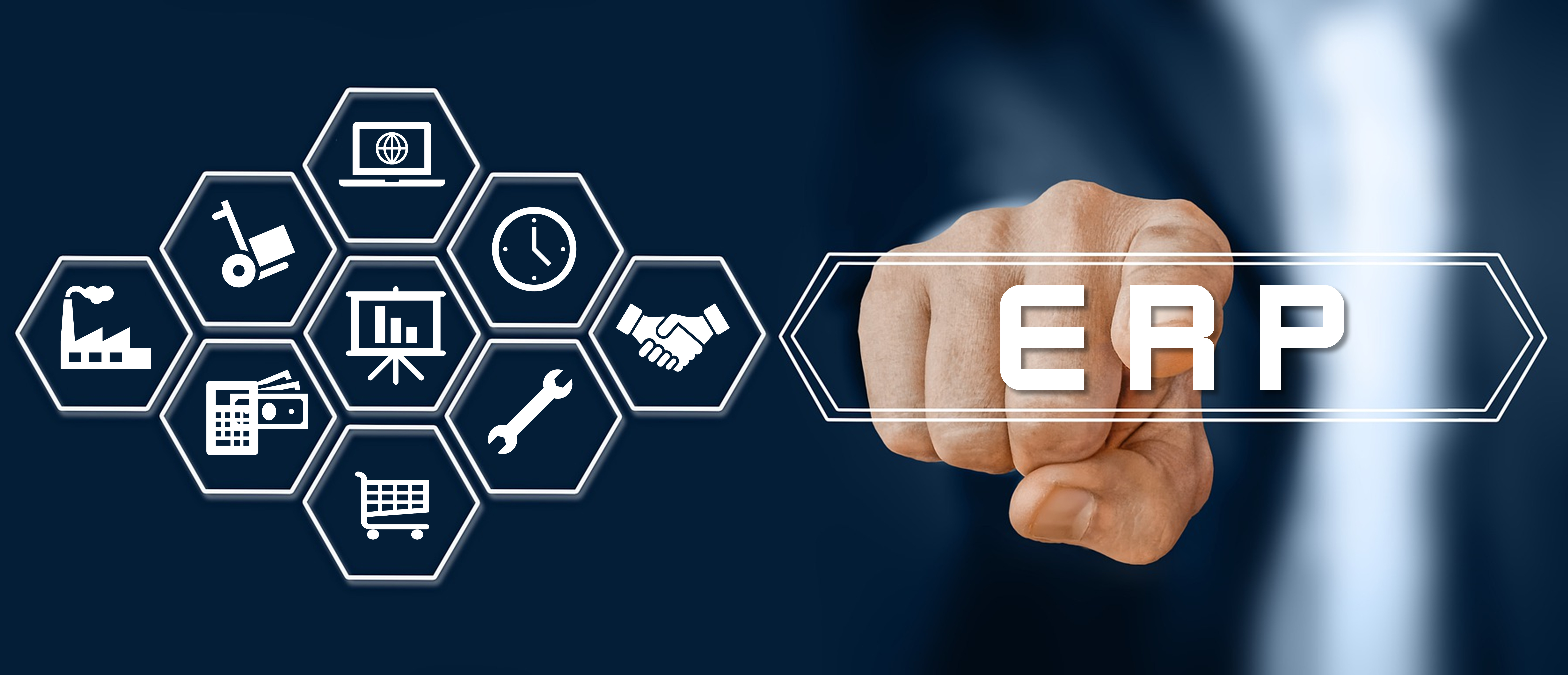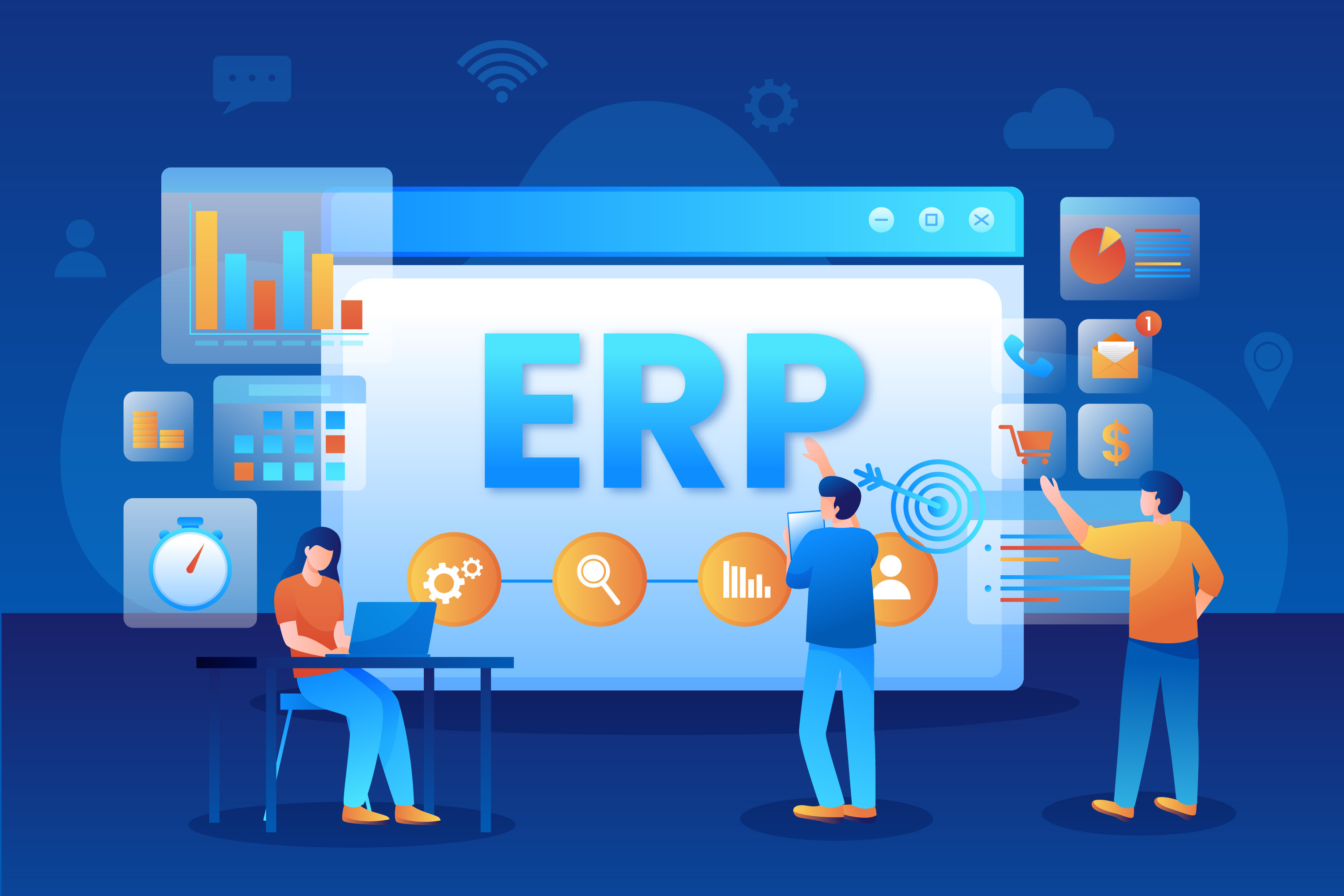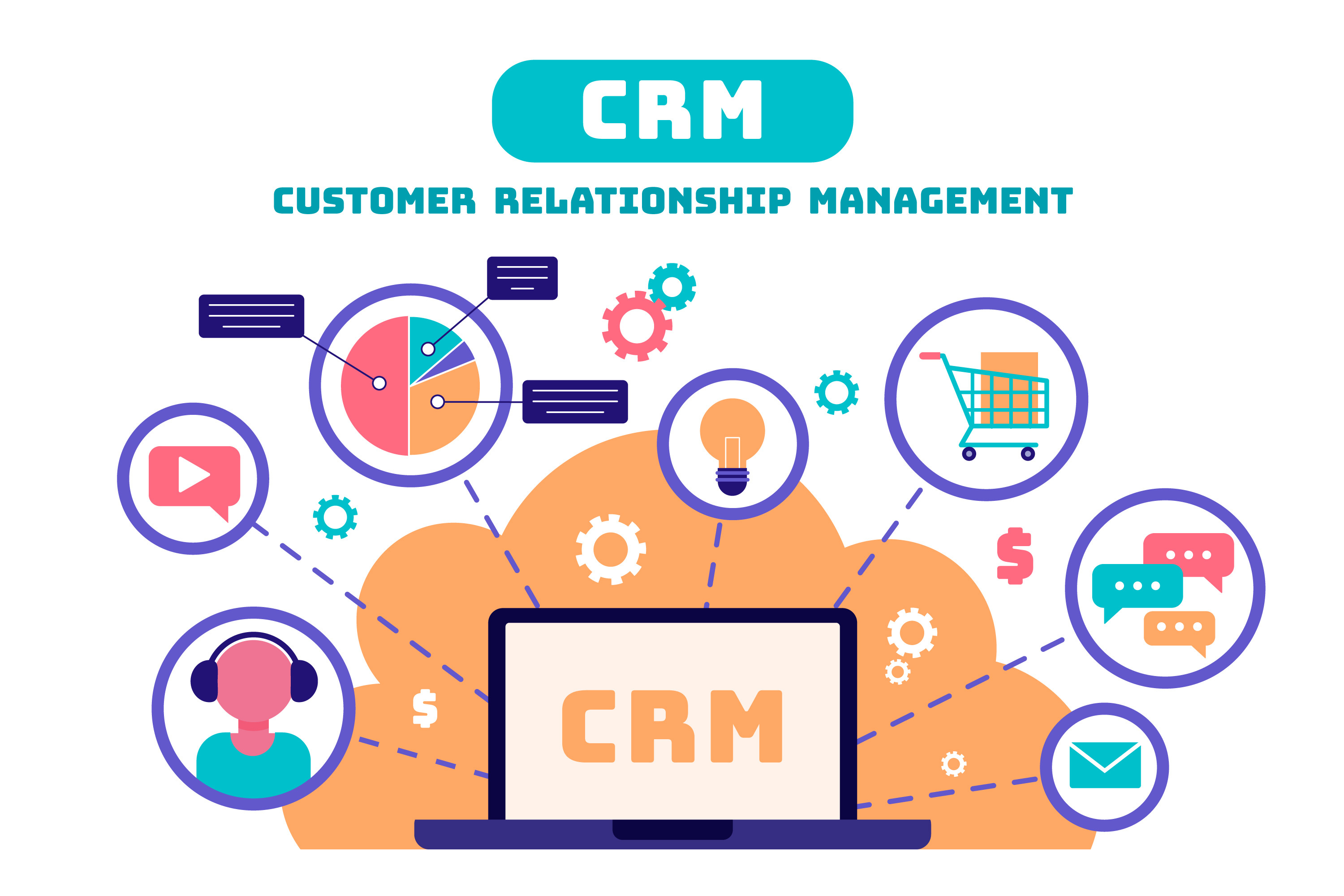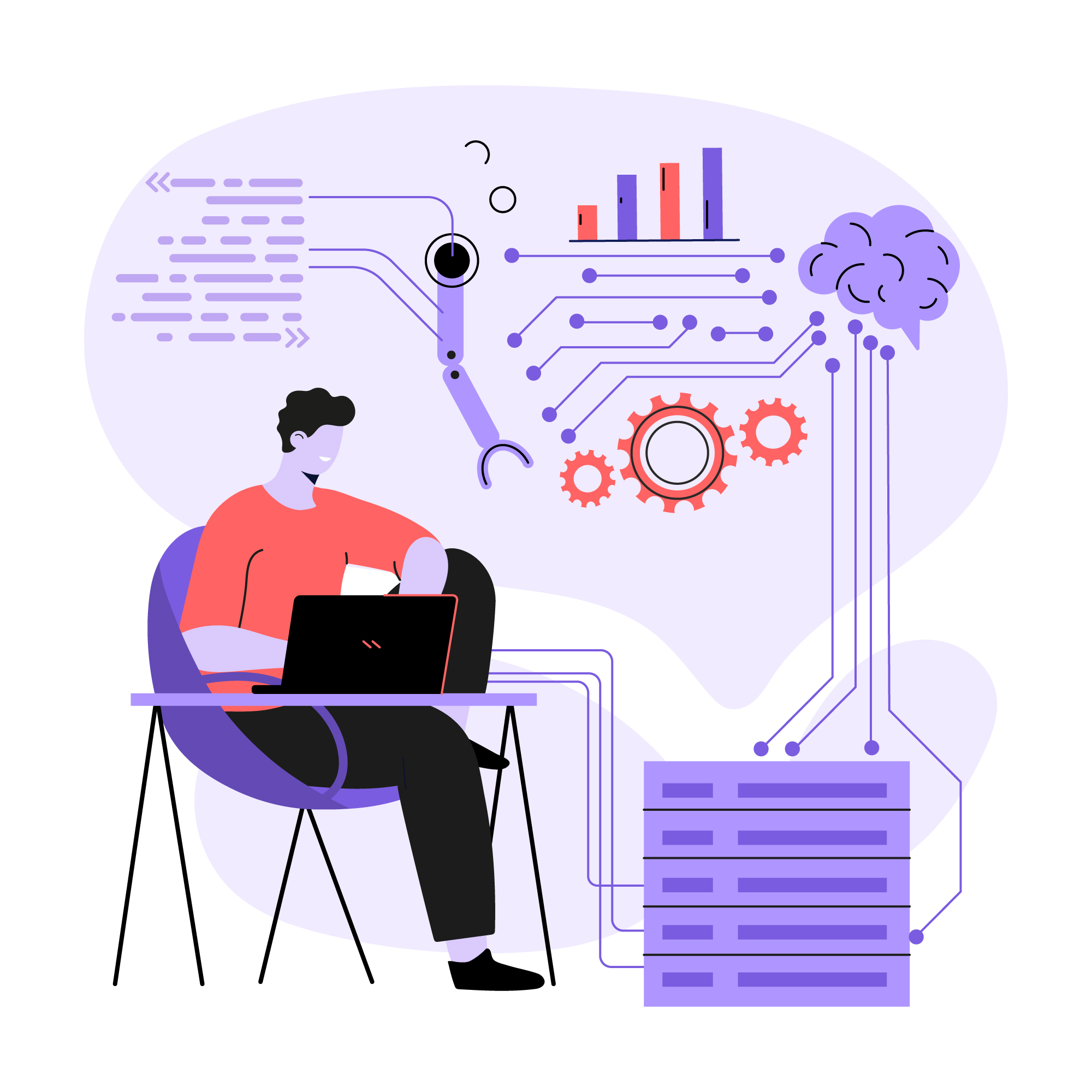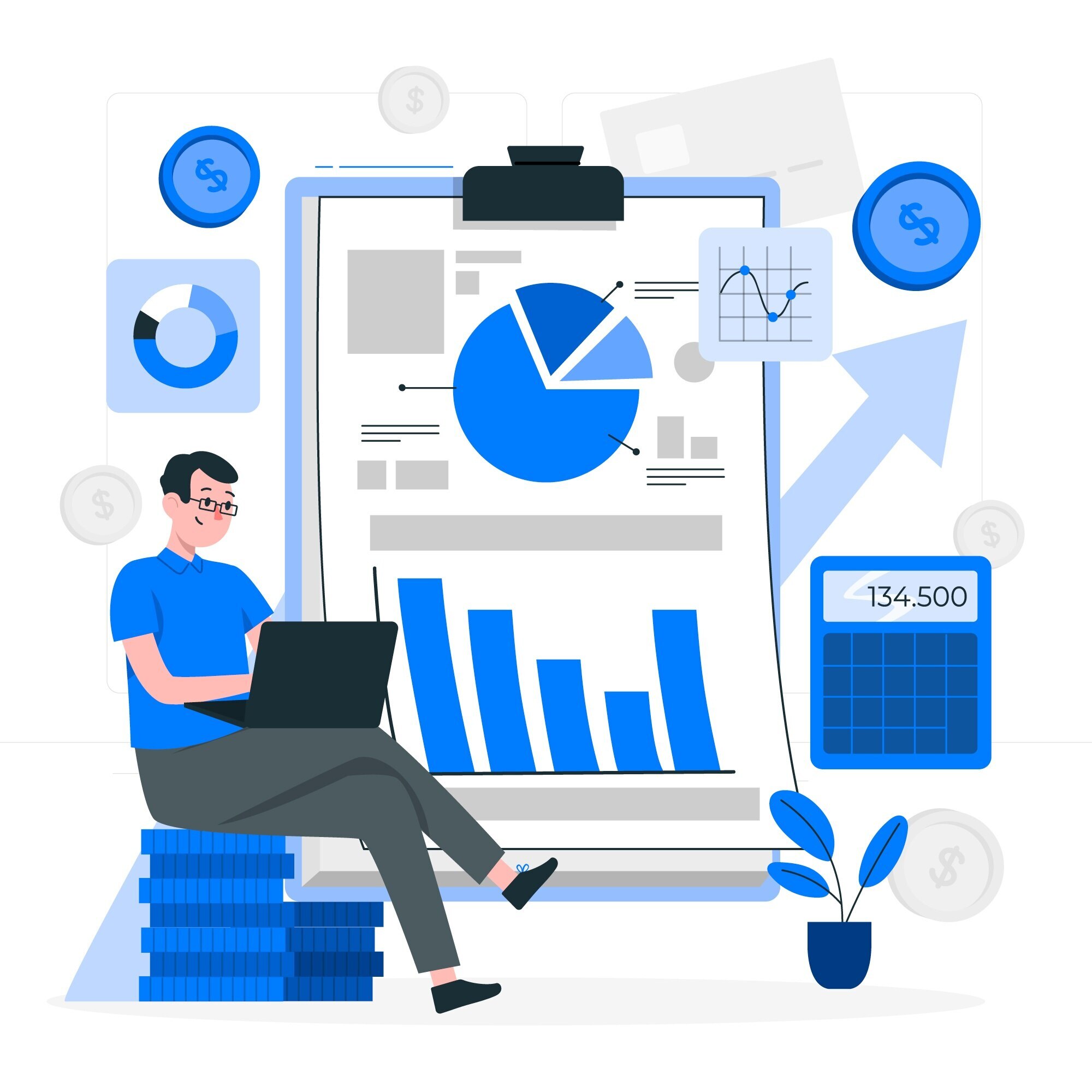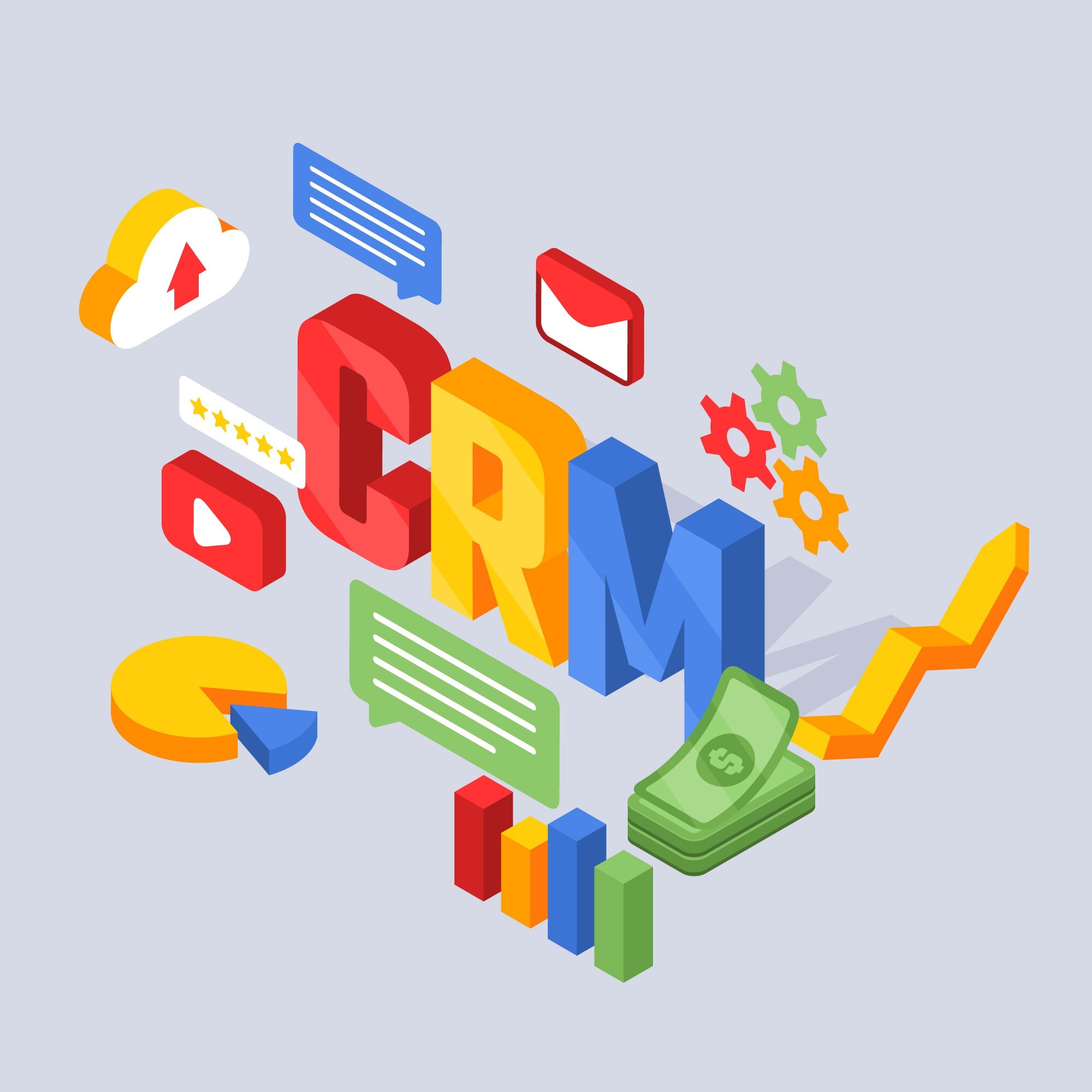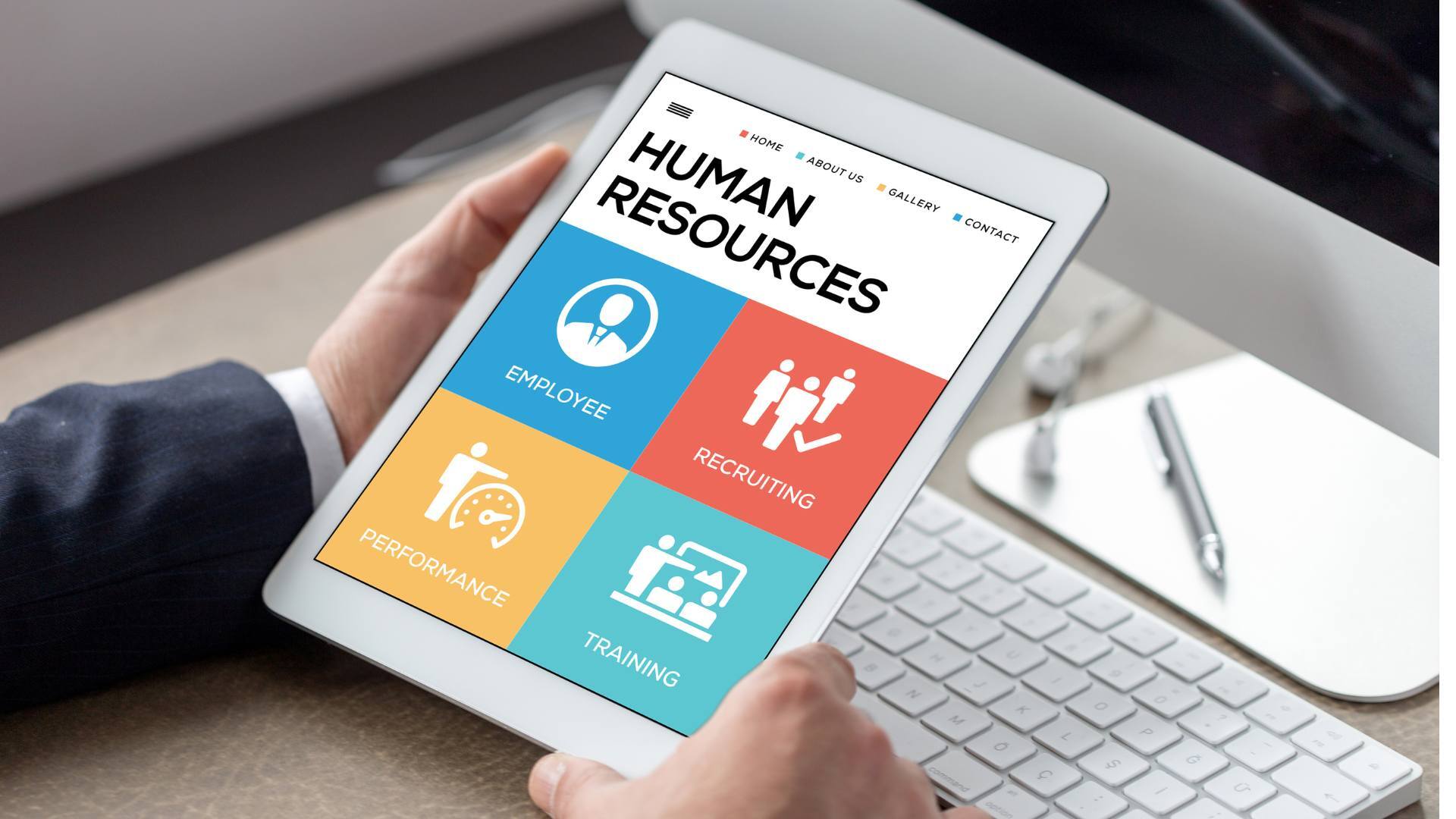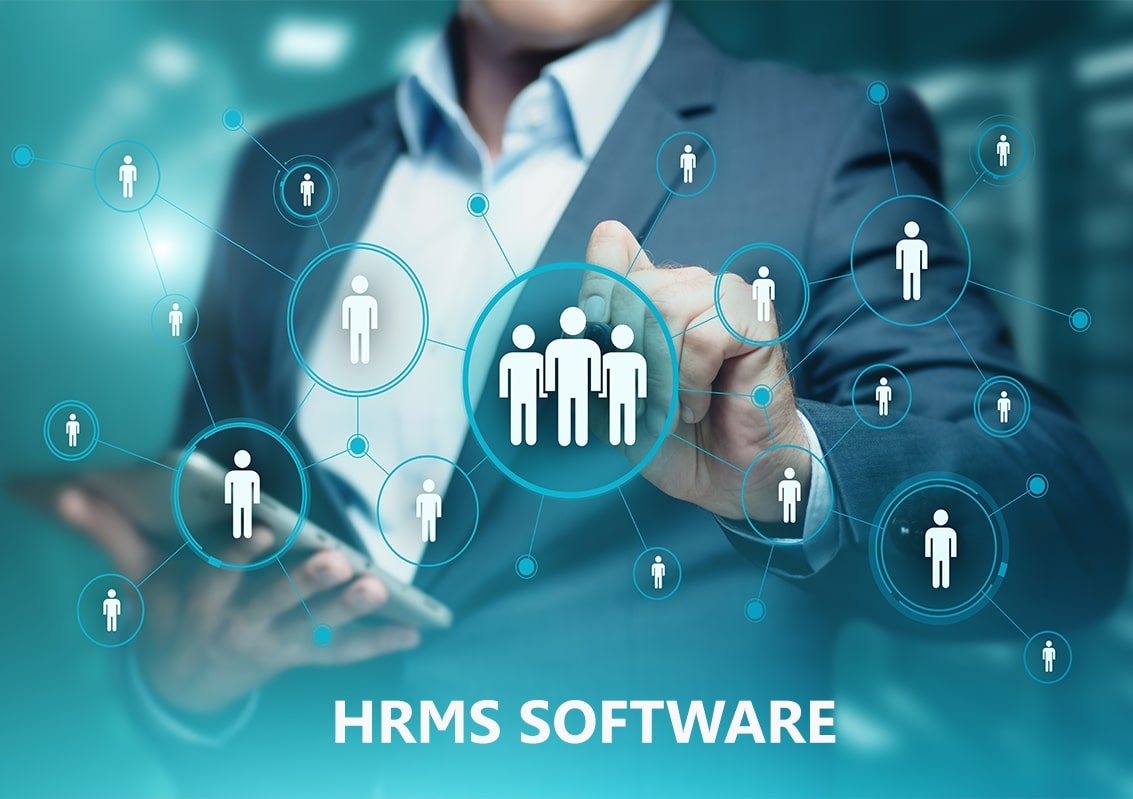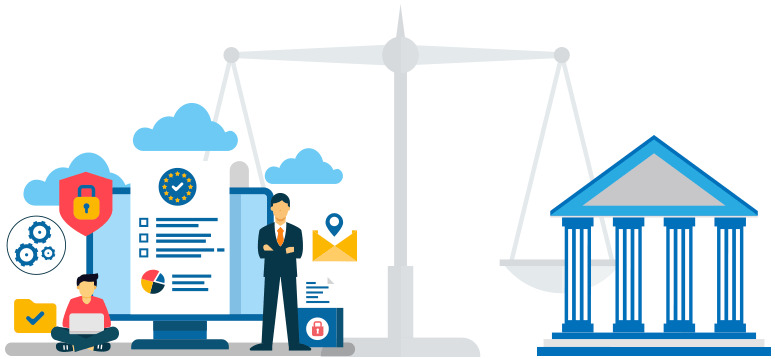How to Choose the Right ERP Software for Your Business Needs:
To be competitive and efficient in the fast-paced business world of today, it is essential to have the appropriate tools to streamline processes. By combining many corporate processes into a single system, enterprise resource planning (ERP) software improves data flow and departmental decision-making. But with so many possibilities, picking the best ERP software for your company can be a difficult undertaking. To help you choose the finest ERP solution for your company's needs, below are some important factors.
Understand Your Business Requirements:
Before diving into the sea of ERP options, it's essential to have a clear understanding of your business's specific needs. Different businesses have different processes, and an ERP system should align with these. Begin by conducting a thorough analysis of your business processes and identify areas that need improvement. Consider factors such as scalability, customization, industry-specific requirements, and integration with existing systems.
Set Clear Objectives:
Define what you aim to achieve with the ERP implementation. Whether it's improving operational efficiency, enhancing customer service, or gaining deeper insights into business performance, having clear objectives will help you evaluate potential ERP systems based on their ability to meet these goals. Establishing measurable KPIs can also help in assessing the success of the ERP implementation post-deployment.
Evaluate Different ERP Solutions:
Once you have a clear understanding of your requirements and objectives, the next step is to evaluate different ERP solutions. Consider the following aspects:
1. Functionality: Ensure the ERP software offers the necessary features and modules that cater to your specific business processes. Some ERP systems are tailored for industries like manufacturing, retail, or healthcare, so choose one that fits your industry.
2. User-Friendliness: An intuitive interface and ease of use are crucial for ensuring smooth adoption by your team. A complex system might require extensive training, increasing the time and cost of implementation.
3. Customization and Flexibility: Your business is unique, and the ERP system should offer customization to fit your specific processes. Additionally, it should be flexible enough to adapt to future changes in your business environment.
4. Integration Capabilities: The ERP system should easily integrate with your existing software and hardware infrastructure. This will ensure seamless data flow across different applications and departments.
5. Vendor Reputation and Support: Choose a reputable vendor with a proven track record in your industry. Consider the level of support and training they offer, as this will be crucial during implementation and ongoing use.
Consider Total Cost of Ownership:
ERP implementation can be a significant investment, so it's important to consider both the initial costs and the long-term expenses. Beyond the software license or subscription fees, account for costs related to implementation, customization, training, and maintenance. Weigh these costs against the potential benefits and efficiencies the ERP system will bring to your business.
Future-Proof Your Choice:
Technology is ever-evolving, and your ERP system should be able to evolve with it. Opt for a solution that is regularly updated to incorporate new features and security enhancements. This will ensure your ERP system remains relevant and continues to support your business's growth and technological advancements.
Plan for a Smooth Implementation:
Once you have selected an ERP system, focus on planning a successful implementation. Assemble a cross-functional team to oversee the project, set realistic timelines, and ensure thorough testing before going live. Change management is also critical; prepare your team for the transition and provide adequate training to minimize disruptions.
Conclusion:
Choosing the right ERP software is a critical decision that can significantly impact your business's efficiency and growth. By thoroughly understanding your business needs, setting clear objectives, evaluating options carefully, and planning for implementation, you can select an ERP system that not only meets your current requirements but also supports your future ambitions. Remember, the right ERP software is an investment in your business's success, providing the tools necessary to thrive in a competitive landscape.
